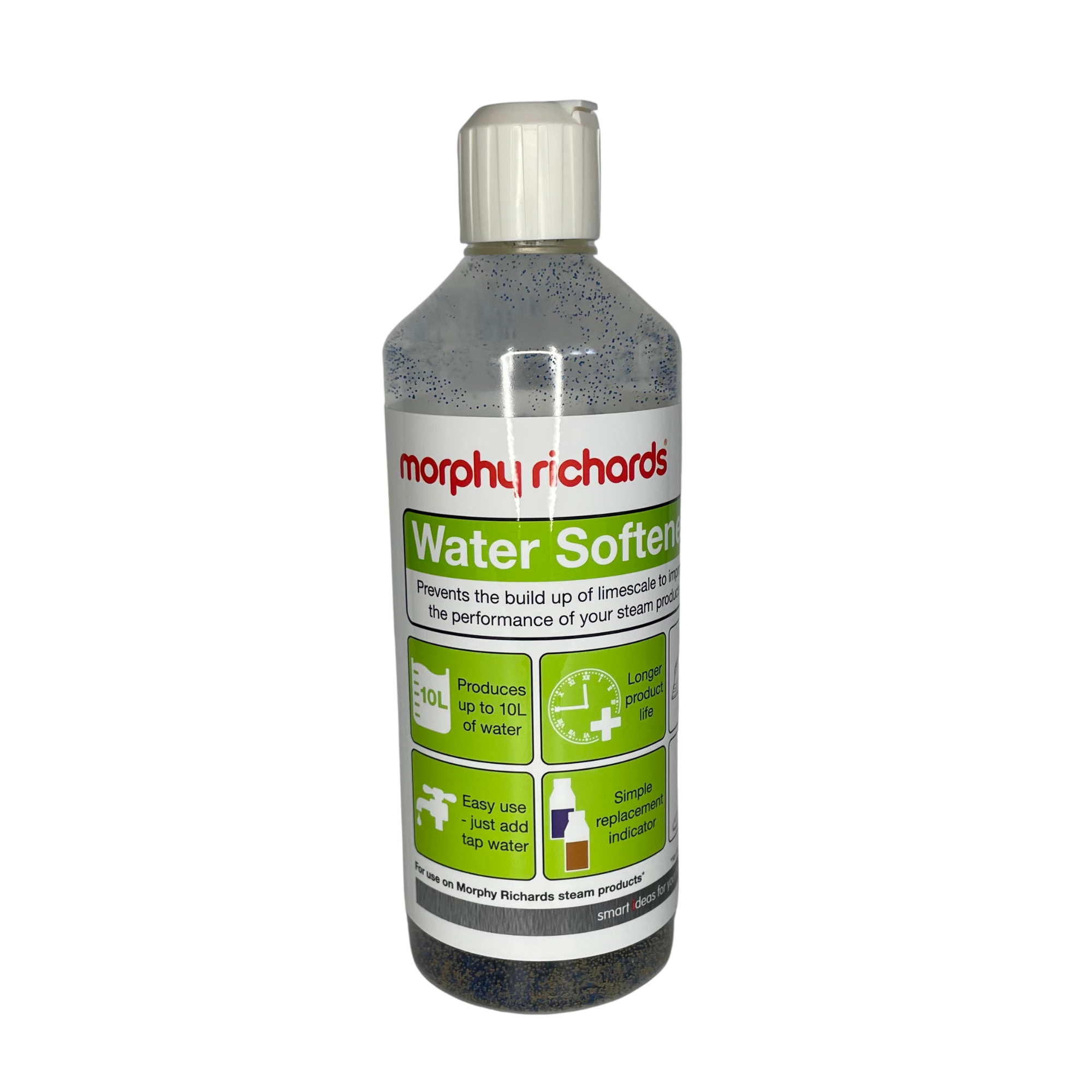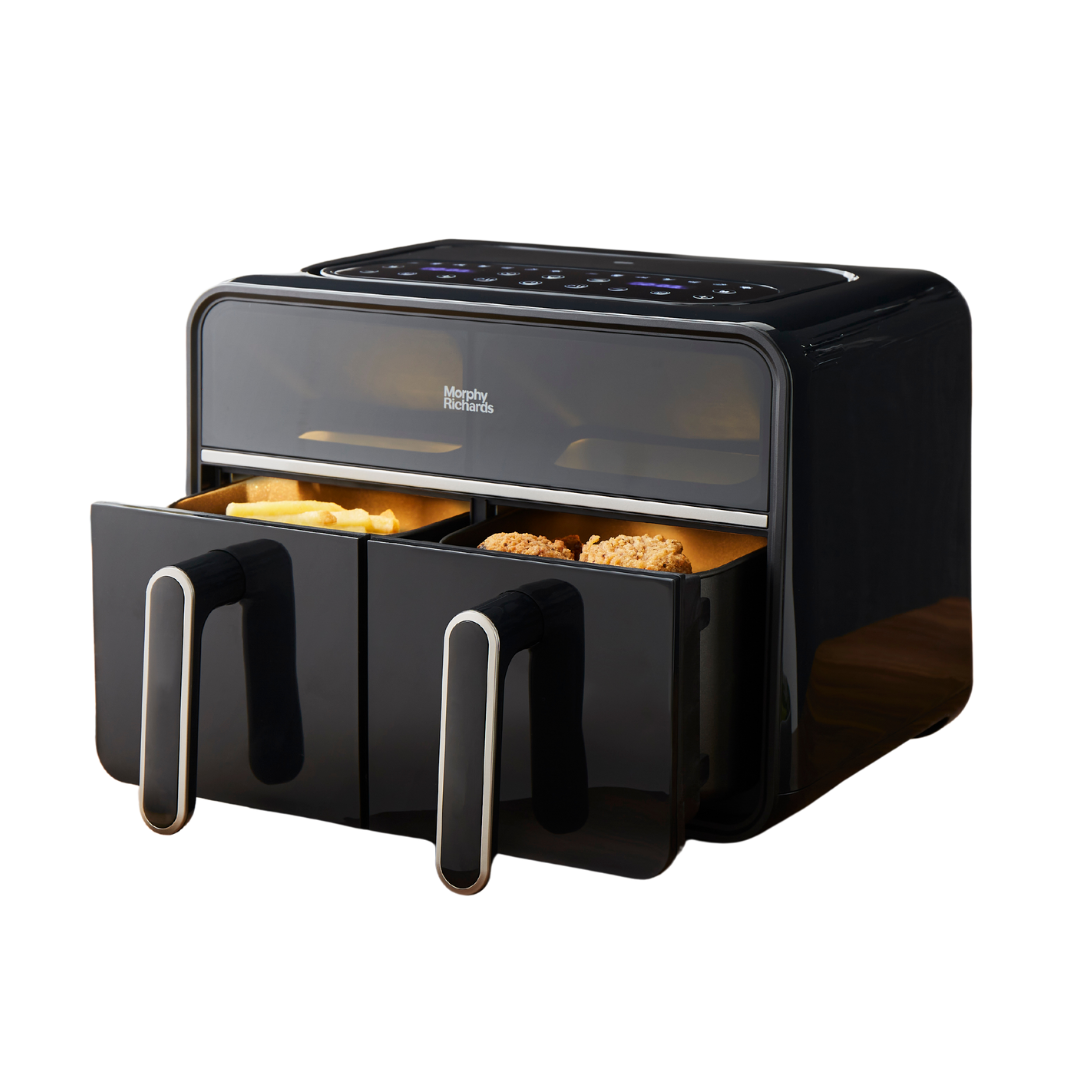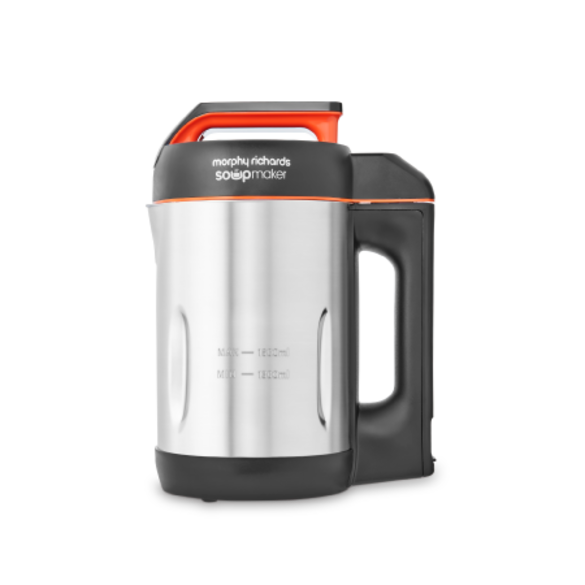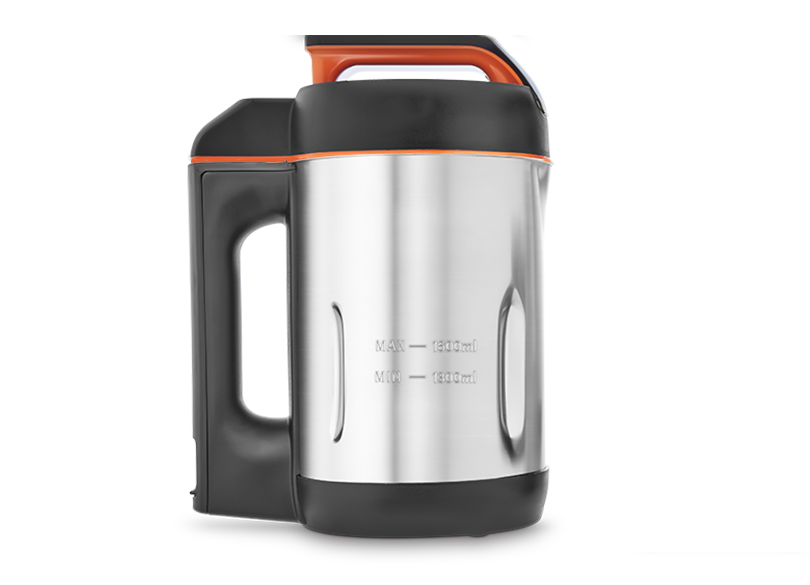How to Clean Your Soup Maker: A Handy Guide
Soup makers have revolutionised the way we prepare our favorite comfort food. They're a time-saver, a convenience, and above all, a delicious addition to any kitchen. But ask any kitchen gadget enthusiast, and they'll tell you that one of the most essential rites of passage for any new kitchen tool is learning how to clean it properly.
Proper maintenance not only ensures that your soups remain delicious and sanitary but also protects your investment and keeps your soup maker functioning optimally for years to come. In this comprehensive guide, we will walk you through the steps of cleaning your soup maker with ease and precision.
The Importance of Cleaning Your Soup Maker
Cleaning your soup maker is not just about aesthetics – it’s also about food safety and preserving the flavuor of your soups. Over time, neglecting to clean your soup maker can lead to a buildup of residues that not only contaminate your food but also reduce the efficiency of your machine.
Additionally, regular cleaning helps to prevent bacterial growth and ensures that your soups taste as fresh as the day you made them.
Ensuring that your soup maker is spic and span not only allows for a more hygienic cooking process but also helps to maintain the integrity of your vegetables' nutrients and flavor's, making each batch as nutritious and delicious as the last.
How to Clean your Machine
Regular Cleaning Schedule
The key to keeping your soup maker in good working condition is to establish a regular cleaning routine. Depending on how often you use your soup maker, you may want to clean it after each use or after several uses.
Additional Tips for Extending the Lifespan of Your Soup Maker
Got hard water in your area? Consider using distilled water or regularly descaling your soup maker with a vinegar solution to prevent mineral build-up.
Always store your soup maker with the lid off to allow any residual moisture to evaporate and prevent mold growth.
Periodically check for wear and tear on the parts, especially on the gaskets and seals, and replace them as needed to maintain proper function and safety.
Conclusion
A clean soup maker not only ensures that your soups taste great, but it also maintains the health of your appliance and the quality of your food. By following this handy guide, you can keep your soup maker in top-notch condition, ready to deliver delicious homemade soups whenever the craving strikes. Remember, the investment you make in time and care for your kitchen tools will pay off in the long run, giving you good food and peace of mind. Happy souping!








I can’t get rid of the garlic smell on the seal for the soup maker which is only 3 months old. I have tried bicarb, white wine vinegar and bleach each with no success – it even makes the room smell if I leave it out. A new seal would help and perhaps miss out the garlic in future?
Leave a comment